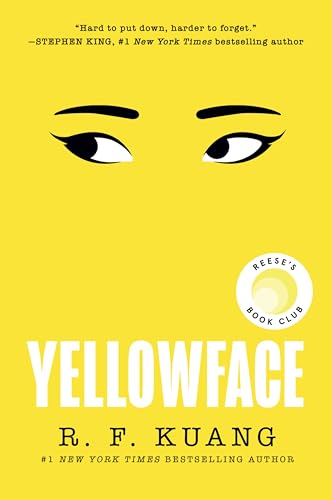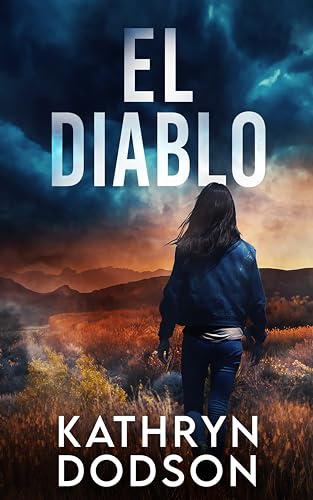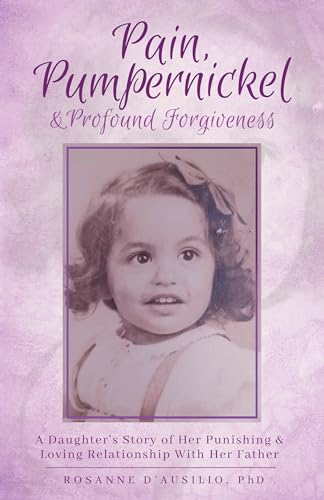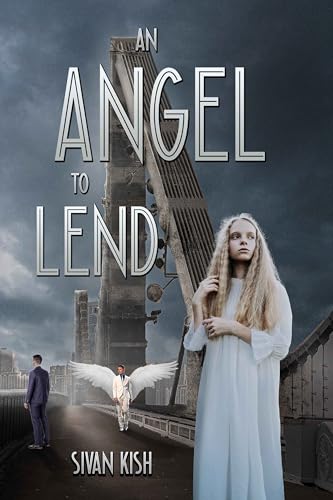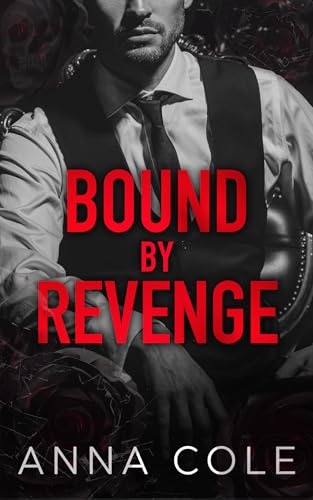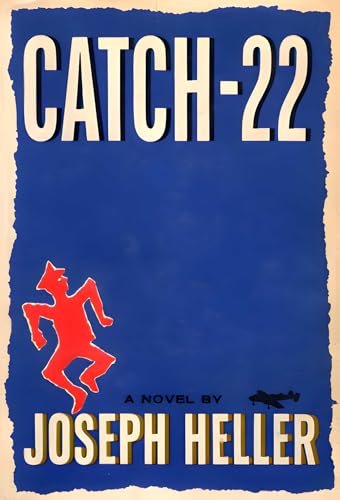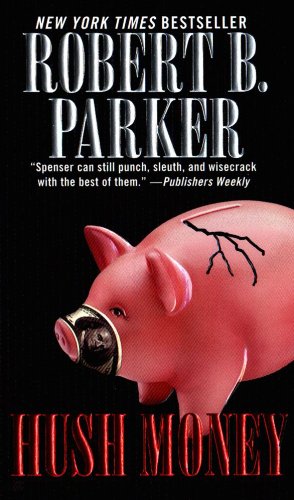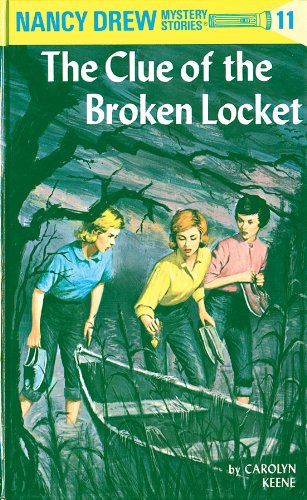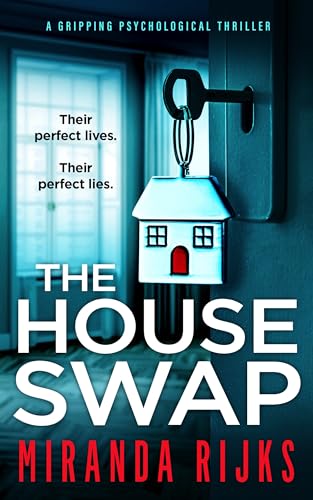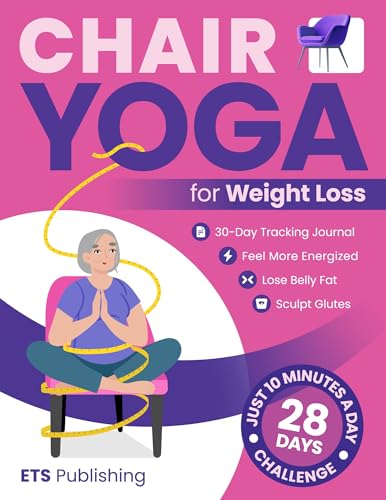In a “Talk of the Town” piece this week, New Yorker editors mention the magazine’s earlier Kindle adoption in passing, but they don’t stoop to the level of discussing the glaring price differential between the Kindle version and the iPad’s: “Our Web site, newyorker.com, has been around, and evolving, for nine years; it’s also possible to subscribe to the magazine on electronic readers like Amazon’s Kindle and Barnes and Noble’s Nook. We even offer a digital edition, which includes a replica of every issue, going back to the first, in February, 1925.”
The editors wrote that they are “at once delighted and a little bewildered about the latest digital development and our place in it: delighted because of the quality of what the tablet provides and the speed with which the magazine can be distributed, but bewildered, too, because we’d be liars if we said we knew precisely where technology will lead.” Aptly put, they continue, “These are early days.”
They go on to compare editing for the iPad to “making television shows just after the Second World War, when less than one per cent of American households owned a television.” Yet they concede without question that “the digital revolution is already both long-standing and swift” and that many more iPads and Kindles will be sold.
Expanded access in these new venues, according to the magazine’s editors, is in line with the its founding mission about “free expression, the written word, and reading.” “We intend to keep providing the magazine in whatever form seems to work,” they concluded.
The Kindle Chronicles Prevails. Congratulations to podcaster extraordinaire Len Edgerly for overcoming some technological challenges and delivering another excellent weekly edition of The Kindle Chronicles. This week’s program featured an interview with Robert Darnton, author, cultural historian and director of the Harvard University Library as well as Jim Jones on “the iPad Guy and Kindle Girl” TV ad and Robert Green on Esquire’s Rule 695 for Social Networking and the Internet.
The Kindle catalog continues to extend its reach everyday, whether it is with bestsellers like Grisham or newly offered literary backlist titles like those of John Gardner, author of the 1976 National Book Critics Circle award-winning novel October Light .
.
Despite Grisham’s best-selling status for which some readers might expect to pay an impatience premium, Amazon has set a $9.99 pricetag for The Confession, whose publisher is the Random House imprint Doubleday, an abstainer from other Big Six publishers’ agency model price-fixing scheme.
The Confession is the story of “an innocent man about to be executed” and the guilty man who can save him. Here’s a longer description, from the publisher:
For every innocent man sent to prison, there is a guilty one left on the outside. He doesn’t understand how the police and prosecutors got the wrong man, and he certainly doesn’t care. He just can’t believe his good luck…He is content to allow an innocent person to go to prison, to serve hard time, even to be executed.
Travis Boyette is such a man. In 1998, in the small East Texas city of Sloan, he abducted, raped, and strangled a popular high school cheerleader. He buried her body so that it would never be found, then watched in amazement as police and prosecutors arrested and convicted Donté Drumm, a local football star, and marched him off to death row.
Now nine years have passed. Travis has just been paroled in Kansas for a different crime; Donté is four days away from his execution. Travis suffers from an inoperable brain tumor. For the first time in his miserable life, he decides to do what’s right and confess.
But how can a guilty man convince lawyers, judges, and politicians that they’re about to execute an innocent man?
Oops. An author’s worst nightmare—or at least a publisher’s—is the case of Jonathan Franzen’s British release of Freedom in which there are hundreds of mistakes in spelling and grammar and “small but significant changes to characterizations,” according to the author, because of an error made by his typesetters.
Freedom, of course, has become a best-seller and is being critically acclaimed, as the U.K’s Guardian notes, as a contemporary masterpiece. The article reports, “In a highly embarrassing move, publishers HarperCollins were today forced to offer to exchange thousands of copies after Franzen revealed that the UK edition of a novel dubbed “the book of the century” is based on an early draft manuscript…”
“More than 8,000 copies of the faulty first edition have been sold since it was published last week, with 80,000 hardbacks of the book in print. The mistakes were discovered yesterday,” the Guardian continues.
This “oops” moment is pretty expensive for HarperCollins and unfortunate for readers who have already purchased Franzen’s book in England (unless it turns out that the flawed edition gains rare book investment value in the future!) The good news is that the author and publisher are working quickly to create an exchange program so that readers can get the unblemished text in their hands soon at no cost. While the embarrassment might have been identical, the financial cost of a mistake like this on the Kindle or on another electronic platform would be nothing.
for $2.99 a month since it became available on Kindle in early 2009 have nothing against iPad owners, in fact about 20 percent of us also own an iPad
. So we’re happy to see that the New Yorker is now available on the iPad.
and Kindle DX
displays.)

